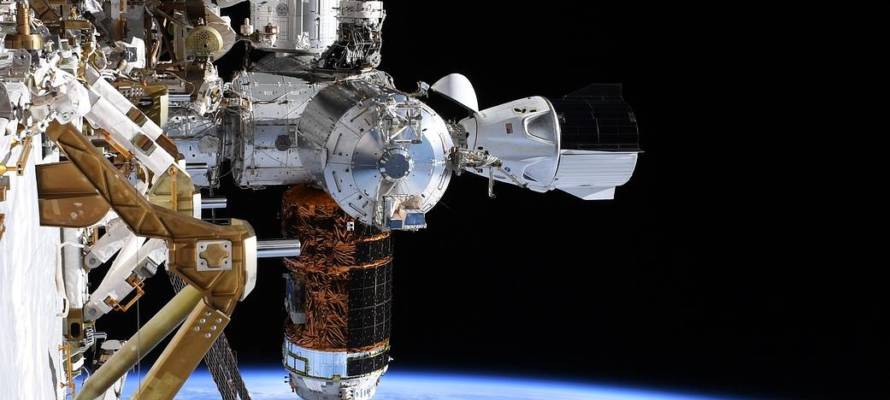Israeli company to send its revolutionary battery materials into orbit to find ways to improve battery life for electric cars on Earth.
By Yakir Benzion, United With Israel
In order to find a way to make better batteries for electric cars, an Israeli company that specializes in extremely fast charging (XFC) battery technology is planning to launch its technology into orbit using zero-gravity to improve battery life, the company announced Wednesday.
StoreDot has already broken the barrier for fully charging an electric car battery in five minutes, hoping to make outer space its next great frontier. NASA has approved a project for StoreDot and the Israeli Electric Company (IEC) to conduct the first space-based research and development program into new battery materials.
The experiments will be part of the pioneering RAKIA mission to the International Space Station in February 2022, co-sponsored by the Israel Space Agency and The Ramon Foundation – the organization established to pursue the legacy of Ilan Ramon, Israel’s first astronaut who died in the tragic 2003 Columbia Space Shuttle disaster.
Along with StoreDot, the RAKIA (Heavens) program is hoping to send 43 selected projects to the International Space Station, although many are still still waiting for final approval from NASA.
StoreDot says its battery-storage technology will undergo two weeks of rigorous testing in zero-gravity conditions.
“The results are expected to pave the way for a new generation of advanced lithium-ion batteries and accelerate the time to market of StoreDot’s ‘5-minute’ charge battery by bringing energy density and cycle life into line with the requirements of Electric Vehicle manufacturers,” the company said.
“StoreDot remains steadfast on pushing the boundaries of battery materials research and development, and this project marks the next exciting stage in that journey,” said company CEO Dr. Doron Myersdorf. “We believe the results could be absolutely game-changing. Not only in terms of advancing XFC technology, but also, potentially, by opening up entirely new avenues in materials research that will have implications that extend far beyond the battery industry.”
“As this is something that has never done before, it’s difficult to know exactly what we will discover, but the methodology of analyzing reactions in space has huge potential and will enable us to discover things that simply would not be possible on Earth,” said Myersdorf. “It is incredible to think that this experiment conducted some 200 miles above Earth could have significant implications for improving the quality of life on its surface … from healthcare and renewable energy to utilities and chemicals.”
